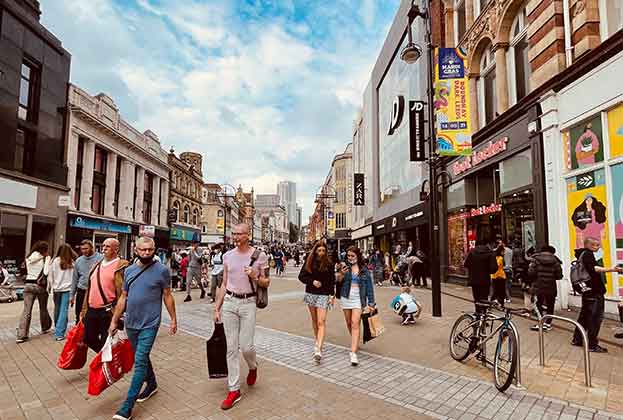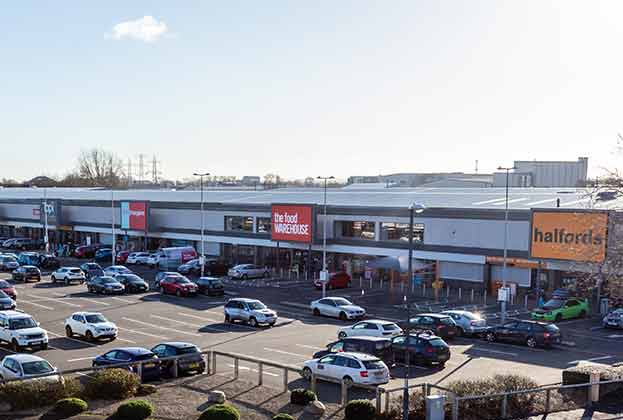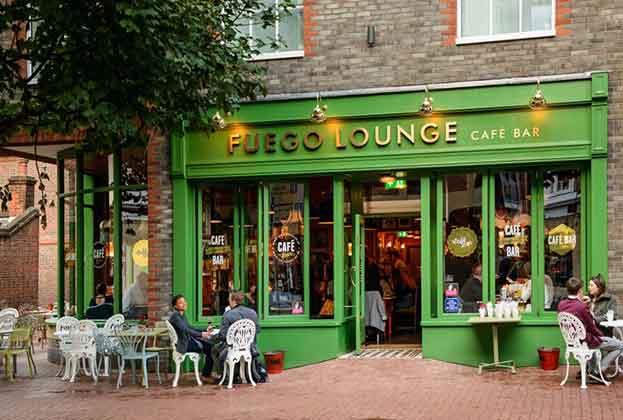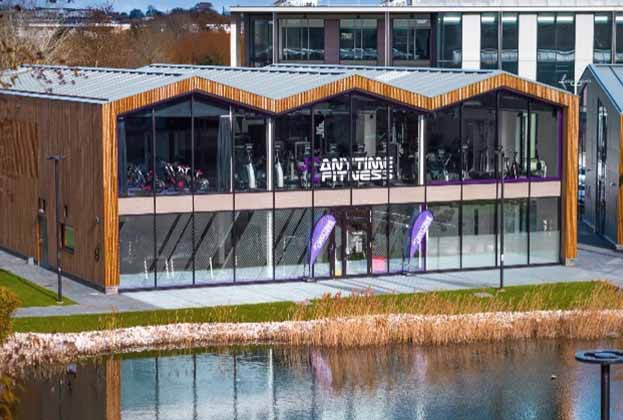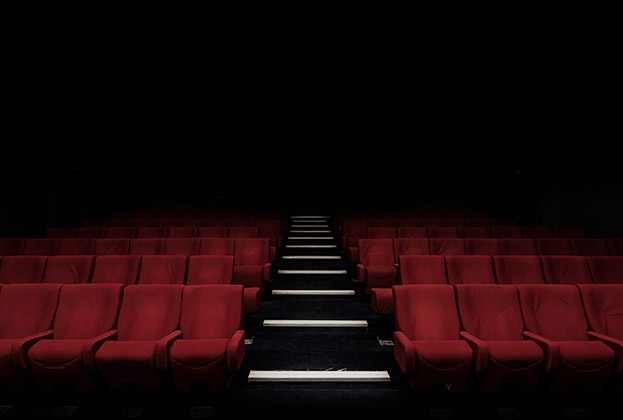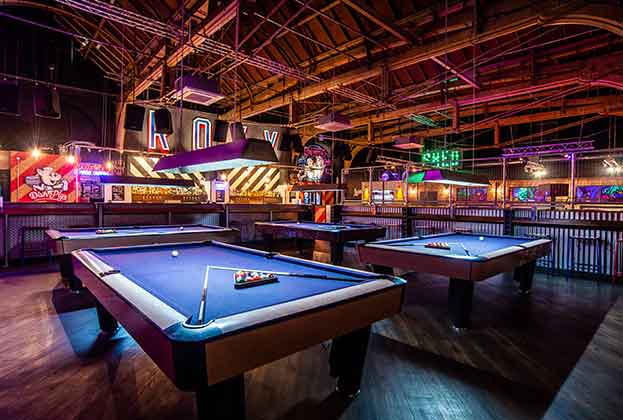Looking forward, the performance of restaurants, as well as the rest of the hospitality industry, may prove to be more tapered as it attempts to navigate the current economic headwinds
Like-for-like sales in the UK’s top managed pub, bar and restaurant groups were 3.0% behind the levels of September 2021, according to the latest edition of the Coffer CGA Business Tracker, but still ahead of pre-pandemic levels for the eighth month in a row, with like-for-like growth of 4.0% compared with September 2019. However, the dip from 12 months ago demonstrates the headwinds currently facing the hospitality sector – and with inflation, as measured by the Consumer Prices Index (CPI) at c.10.1%, sales are much further behind last year’s numbers in real terms.
Pubs were the strongest performing of the tracker’s three hospitality segments in September, with year-on-year sales growth of 1.7%. Restaurants’ like-for-like sales were down by 7.9% on September 2021, and bars’ sales by 16.0%.
The licensed leisure sector appears to be the part of the leisure market that has been hit first and hardest by inflationary pressures and the rising cost of living, particularly the wet-led pub, bar and club industry
Sam Arrowsmith, Director, Commercial Research
Nevertheless, the tracker has better news from the London market, as groups’ sales within the M25 rose 3.1% year-on-year. This suggests that the capital may be on the precipice of turning a corner, following a steady return of visitors and office workers to the capital. That said, September did see a dramatic influx of people after the death of Queen Elizabeth II, so it will be interesting to see if London can sustain this improvement in the coming months.
Despite this growth, the licensed leisure sector appears to be the part of the leisure market that has been hit first and hardest by inflationary pressures and the rising cost of living, particularly the wet-led pub, bar and club industry.
Revolution Bars Group, for example, saw a return to profit for the year ending July 2022. The company reported turnover increased to £140.8m compared with £39.4m the previous year, making a pre-tax profit of £2.1m compared with a loss of £26.3m the previous year. However, in the first quarter of this financial year, the group points to like-for-like sales of minus 9.1%, showing trade to be impacted by train strikes in the capital as well as softening of consumer confidence in light of the rising cost of living.
Despite this, the firm has implemented a refurbishment programme and has resumed its expansion with two new leases – the first in four years – resulting in the opening of two Revolution bars in Preston and Exeter. The operator's young adult guest base does, however, somewhat protect it from the ongoing cost pressures, more so than other wet-led operators, with many still living at home or without the burden of family and mortgage payments, are more able to prioritise experiences and their freedom.
REKOM and Nightcap PLC are other examples of wet-led operators looking to expand in the market following a period of trading success. For many other operators in the current climate however, their footing is not as strong. According to the latest Hospitality Market Monitor from CGA and AlixPartners, the licensed sector, which covers pubs, bars, restaurants, cafés, and hotels, has lost 2,200 sites in the third quarter of 2022, the equivalent of one closure every hour as business cost challenges mount. It follows a year of relative stability as hospitality built back from Covid, with the number of sites at June 2022 virtually the same as 12 months earlier. The number of nightclubs has fallen by 5.6% in the last three months alone, and the sector now has around a quarter fewer sites (down 309) than it did before the pandemic.
REKOM | Having bought the Deltic group in 2021, REKOM has established a large brand presence across the UK. Whilst this is partly due to the sites they inherited, REKOM operates over 100 different brand fascias in Scandinavia and is in the process of rolling out several in the UK, including Heidi’s Bier Bar and Proud Mary’s. Its preference is to take on a large proportion of space in which it can operate several different brands and control consumer movement, often encouraging them towards one of REKOM's late-night concepts such as PRYZM or ATIK.
Nightcap PLC | Nightcap comprises three brands: The Cocktail Club, The Adventure Bar Group, and Barrio. Nightcap has been working on expanding each brand out from London, targeting regional cities and affluent towns. The Adventure Bar Group is unique in its targeting of female consumers. Fascias such as Blame Gloria and Tonight Josephine, which have proved successful in providing a female-orientated night-time venue, are a key part of the group's strategy and have already opened regionally in Birmingham.
The report also reveals a sharp contrast in the fortunes of managed hospitality groups and independent operators. While the number of managed sites is 3.0% below pre-Covid levels, it increased by 0.9% (+179 sites) in the last three months, but the independent sector contracted by 2.6% (-1,751 sites). It reflects the greater resources and buying power of larger businesses compared to smaller firms, many of which are now very fragile.
In contrast to the managed-independent divide, the trend of steady closures over the last quarter has been notably consistent across different locations. High street, suburban and rural locations all recorded the same net decline of 2.1% in licensed premises between June and September. By region, quarter-on-quarter declines varied only slightly, from a low of 1.6% in the South and South East to a high of 2.9% in Scotland.
It is clear that despite the growth in representation we have seen in the café and takeaway and restaurant sectors over the last year, be it through multiple or independent operators, this recovery is now under threat from rising costs for businesses and consumers alike, particularly for pubs, bars and club operators. OpenTable's weekly restaurant cover data suggests, so far, consumer appetite for eating and drinking out is undimmed.
However, the recent fall in representation suggests thousands of businesses, particularly independents, are in need of financial support if they are to stay afloat. The government’s energy support package has provided some relief on businesses' energy bills for the time being, however, many operators are calling for further support to include business rates reform and lowering the rate of VAT. Given that this decline is already happening before an expected slowdown in consumer spending, it is reasonable to conclude that without increased support from government, the closure rate will in all likelihood accelerate.
Read the articles within Spotlight: UK Leisure – 2022 below.
.jpg)
